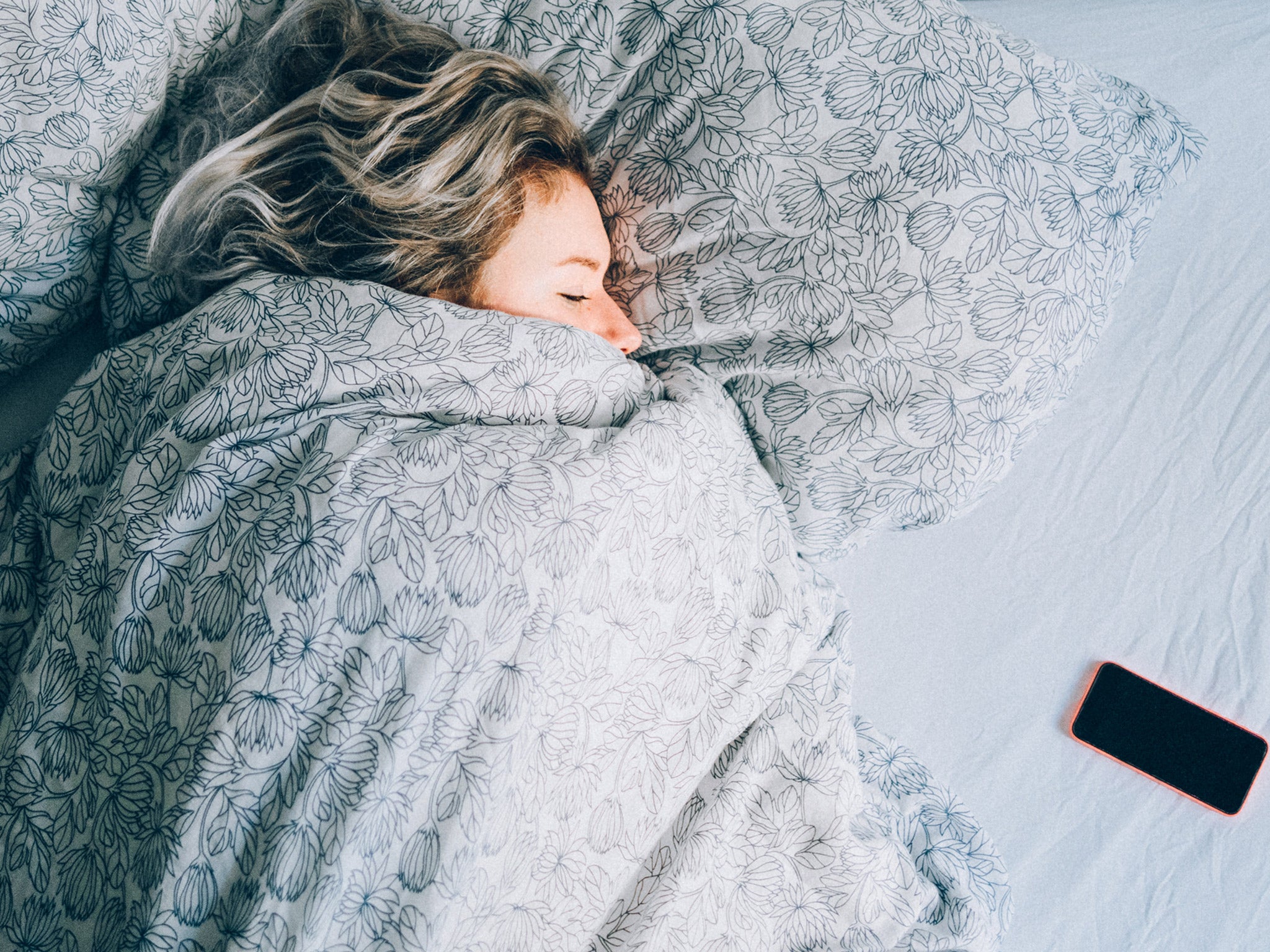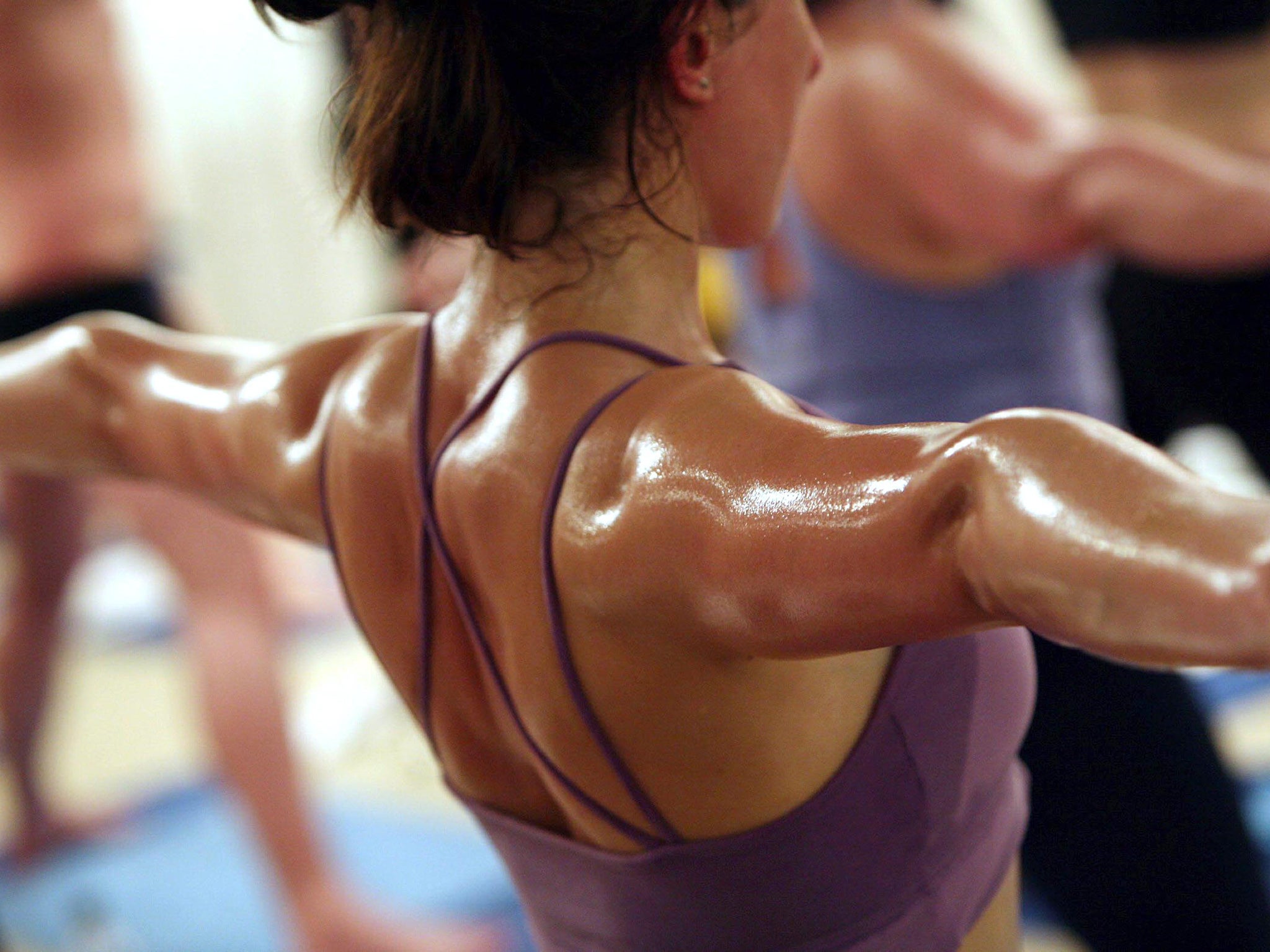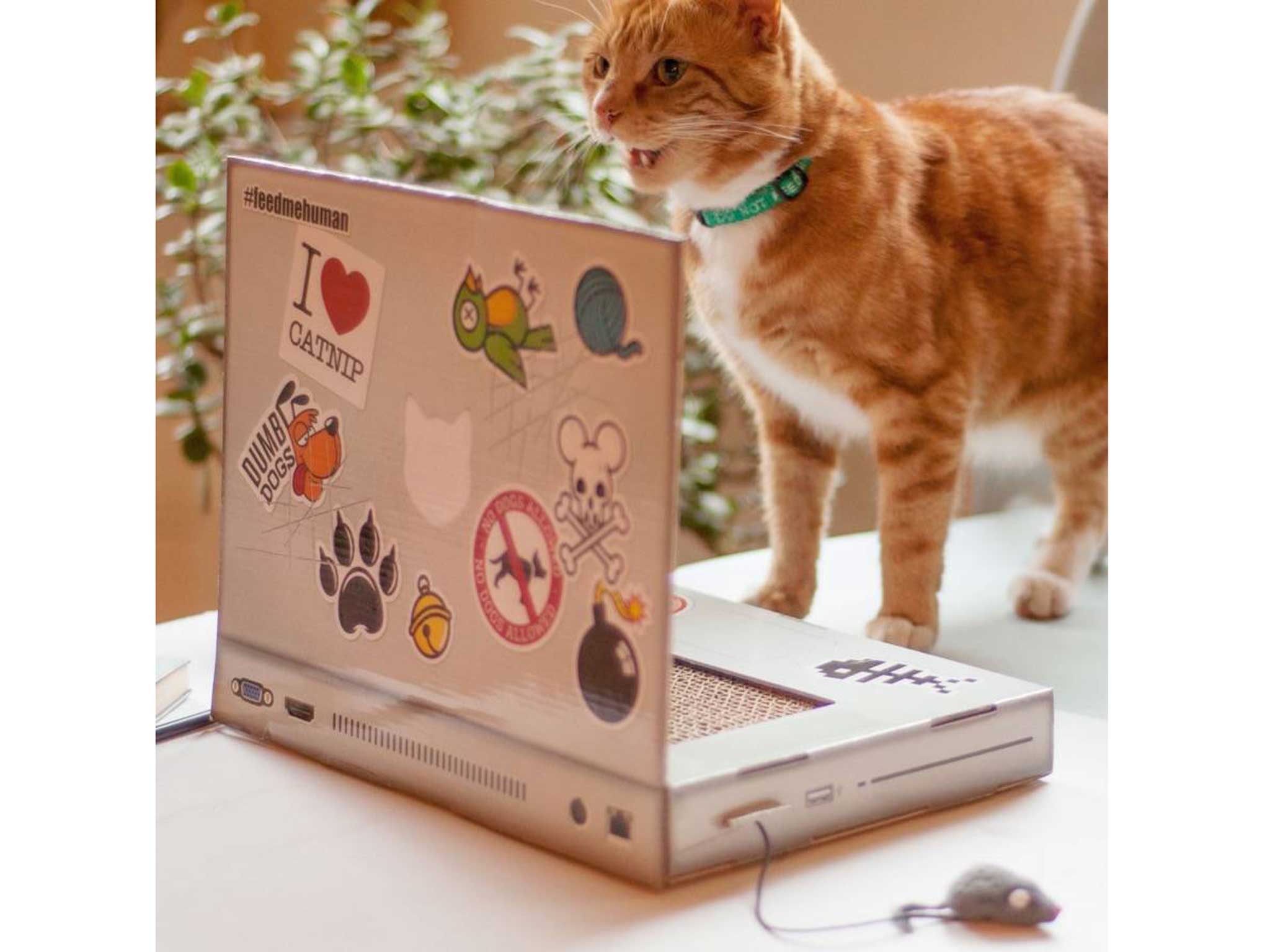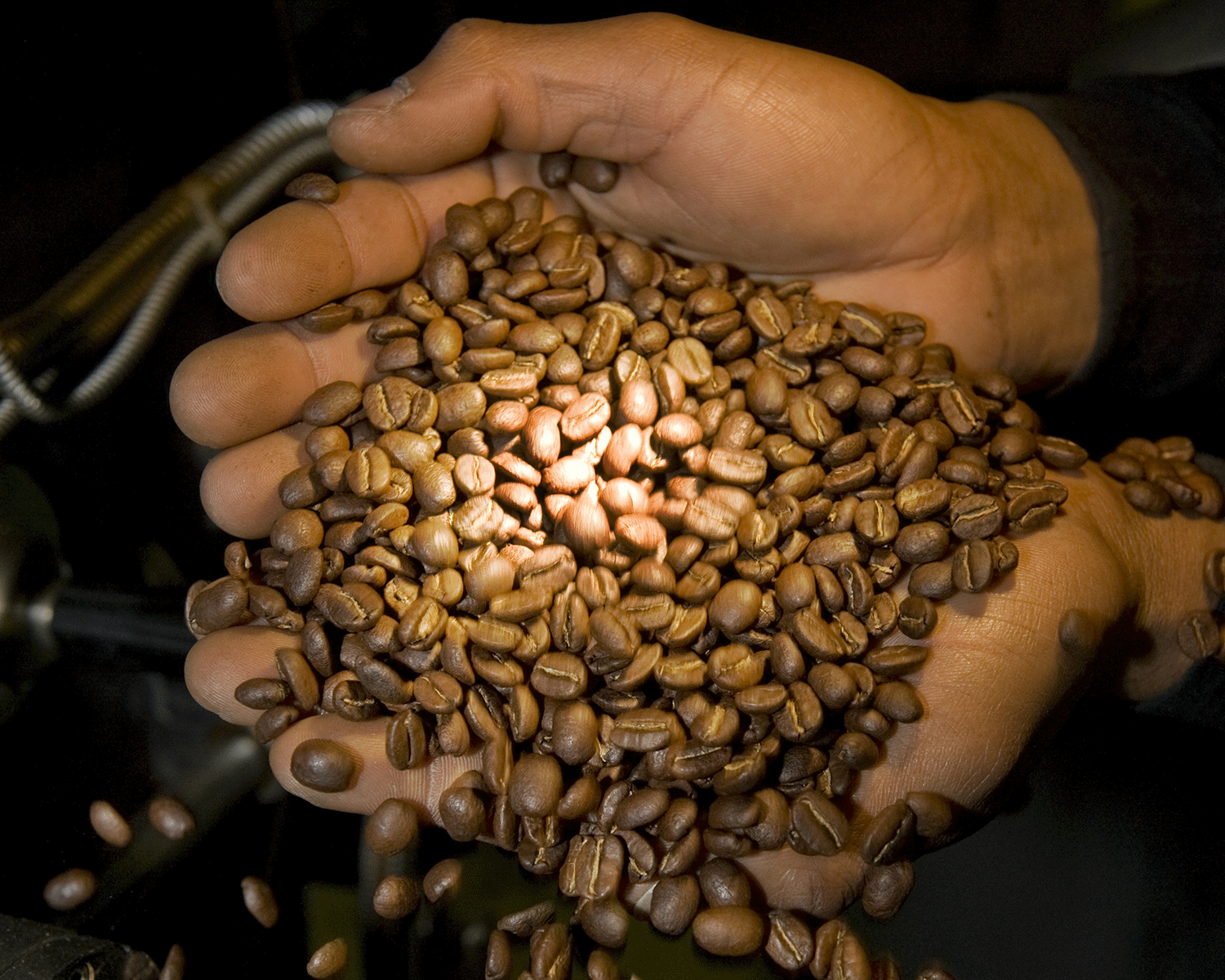8 bad habits that are ruining your sleep

Your support helps us to tell the story
From reproductive rights to climate change to Big Tech, The Independent is on the ground when the story is developing. Whether it's investigating the financials of Elon Musk's pro-Trump PAC or producing our latest documentary, 'The A Word', which shines a light on the American women fighting for reproductive rights, we know how important it is to parse out the facts from the messaging.
At such a critical moment in US history, we need reporters on the ground. Your donation allows us to keep sending journalists to speak to both sides of the story.
The Independent is trusted by Americans across the entire political spectrum. And unlike many other quality news outlets, we choose not to lock Americans out of our reporting and analysis with paywalls. We believe quality journalism should be available to everyone, paid for by those who can afford it.
Your support makes all the difference.A good night's sleep has the power to increase productivity, happiness, smarter decision-making, and unlock bigger ideas.
Conversely, research shows there's a direct correlation between getting less sleep and workplace inefficiency.
The prefrontal cortex, where the problem-solving functions of the brain are housed, is degraded if we don't get enough sleep. Working when you're sleep deprived "we now know is the cognitive equivalent of coming to work drunk," Arianna Huffington, author of "The Sleep Revolution" and The Huffington Post editor-in-chief, tells Business Insider.
The trick for getting enough sleep is planning ahead and not letting bad habits sabotage you.
These behaviors are setting you up for a bad night's sleep:
Skipping your workout

Studies have shown that morning and afternoon workouts can increase a person's quality and amount of sleep at night. One study found that exercise adds around 45 minutes of extra sleep.
"Staying active won't cure sleep complaints," Rodyney Dishman, a researcher at the University of Georgia told Huffington for her book, "but it will reduce the odds of them."
Eating a late night meal
"If we have a big meal and then go straight to bed, our sleep is not going to be as restorative because our digestive system is occupied digesting, instead of everything being able to slow down and recharge for the next day," Huffington tells Business Insider.
Eating earlier in the day can also help mitigate acid reflux, which often keeps people up at night and is exacerbated by sleeping on a full stomach.
Not unwinding before bed
"When stress rises and becomes cumulative during the day, it's much harder to fall asleep at night because it's harder to slow down and quiet our brains," Huffington says.
Without taking some time to unwind before bed and shift our thoughts away from work, it's near impossible to fall asleep because you're still thinking about the worries from the day.
One way to unwind, referred to as the "mind dump," involves writing down all the things you need to do the next day before bed. This could help empty your mind and tell your brain it no longer needs to run through your to-do list for the rest of the night.
Scanning your smartphone in bed
The LED screens of our smartphones give off what is called blue light, which studies have shown can damage vision and suppress production of melatonin, a hormone that helps regulate the sleep cycle.
"For me, the key is to every night before I'm going to go to sleep, thirty minutes before, turn off all of my devices and gently escort them out of my bedroom," Huffington says.
Working in bed

The light given off by your laptop can also prevent your brain from releasing melatonin, and working in bed likely means you're not giving yourself enough time to unwind before sleep.
What's more, working in bed sends the signal that the bedroom is a place for work, not sleep. The more you continue to work in bed, the more your brain associates the bedroom with staying focused and alert.
Drinking alcohol too close to bedtime
"We think having a nightcap, having a drink, is going to relax us and be like a sedative. And it does act like a sedative at the beginning, but then shortly after we fall asleep, it changes allegiances," Huffington says.
According to the National Institutes of Health, drinking alcohol just before bedtime decreases the amount of time you spend in REM sleep -- a deep and restorative phase of sleep.
Drinking coffee in the afternoon or evening

It may be tempting to reach for another cup of coffee as your energy wanes at work, but it may make you more tired in the long run.
Caffeine can take six hours to wear off, researchers from Wayne State University and Henry Ford Hospital find, which can seriously disrupt our sleep.
"The risks of caffeine use in terms of sleep disturbance are underestimated by both the general population and physicians," the study authors write.
Sleeping in on weekends
If there's a major difference between your weekday sleep schedule and your weekend sleep schedule, you likely suffer from social jetlag.
Sleeping late on the weekends resets your body clock to a different cycle, and it's reset again when you go back to waking up early during the workweek.
"It's the equivalent of taking a flight one direction every Friday and going back every Sunday," Michael Parsons, a behavioral geneticist at the Medical Research Council Harwell in England, tells ScienceNews.
The best strategy for getting better sleep is to stick to a consistent sleep schedule.
Read more:
• Barack Obama says Britain is a 'free rider'
• These tweets nail the absurdity of many tech offices
• 4 reasons why the Irish economy killed it in 2015
Read the original article on Business Insider UK. © 2015. Follow Business Insider UK on Twitter.
Join our commenting forum
Join thought-provoking conversations, follow other Independent readers and see their replies
Comments